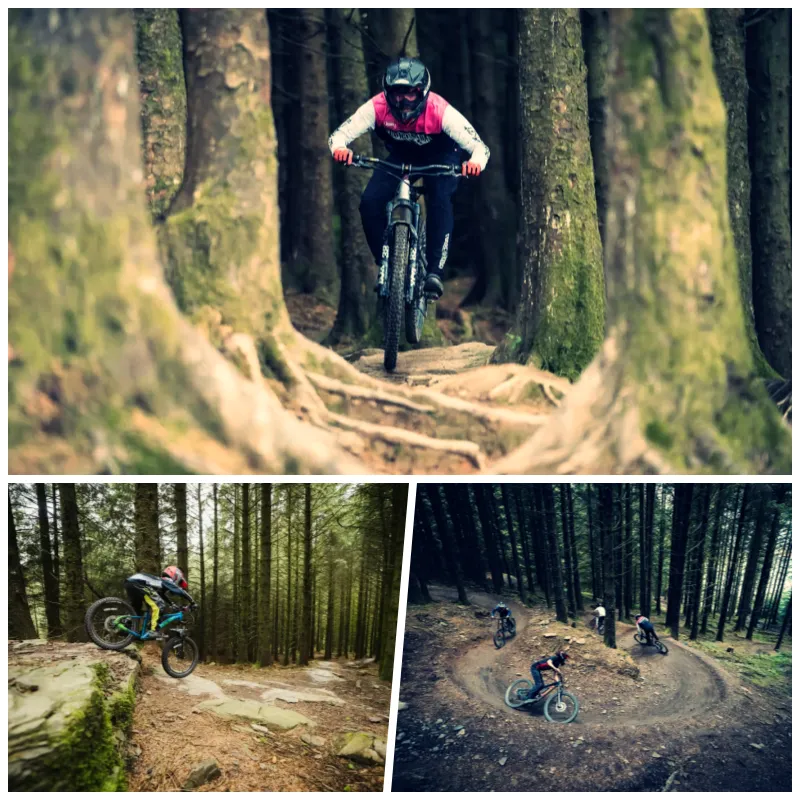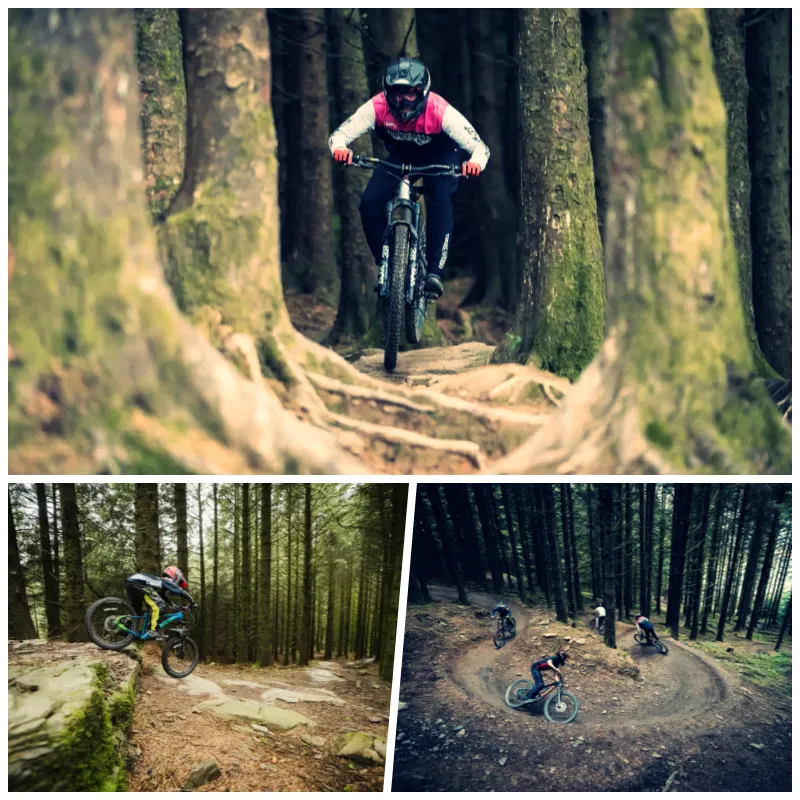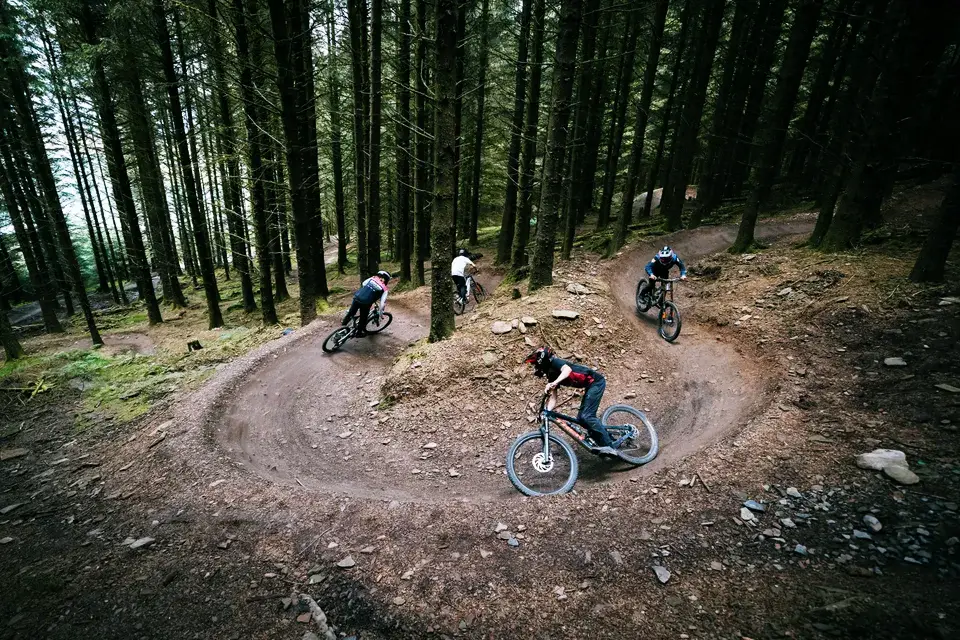
“In Wales, mountain bikers are leading an innovative rewilding effort by financing a restoration project at Bike Park Wales, turning a commercial timber plantation into a vibrant, ecologically rich forest”
In an innovative twist, thrill-seeking mountain bikers are financing a nature-restoration project in Wales. Bike Park Wales, a premier mountain biking destination, has teamed up with the Welsh government to revitalize the land they ride on, marking the first instance in the UK where a private company is paying the government to rewild public land.

Located in Merthyr Tydfil, Bike Park Wales is renowned for its world-class trails, attracting over 100,000 visitors annually. With more than 40 trails, the park has transformed the Gethin Woodland site into a mountain biking hub. Now, the park’s owners are taking their commitment to the environment a step further by launching the “Future Forest Vision” initiative in collaboration with Natural Resources Wales (NRW).
The “Future Forest Vision” aims to restore biodiversity to the area, shifting from the traditional commercial forestry model to a rewilding approach. Historically, the 1,175-hectare site was managed as a commercial forest, with nonnative conifers planted in straight lines for easy harvesting. This practice created a genetically undiverse environment, detrimental to both wildlife and the mountain biking business.
Martin Astley, cofounder of Bike Park Wales, realized that the monoculture forest was not only bad for biodiversity but also posed significant risks to the park’s operations. Disease outbreaks, like the Phytophthora ramorum infection that devastated larch trees across the UK, and the threat of wildfires underscored the need for a more resilient forest. The solution? Rewilding the forest by replacing nonnative species with native ones, allowing the woodland to regenerate naturally.
The new 33-year lease agreement between Bike Park Wales and NRW includes a significant financial commitment from the park. The company will pay a base rent plus a percentage of ticket sales, covering 33 years of lost forestry income and the costs of nature restoration. This unique model flips the conventional rewilding approach, where private landowners typically receive government subsidies, on its head.
The rewilding project will take advantage of the existing pockets of ancient, seminatural woodland on-site, using them as a seed source for native species. Non-native trees will be felled to give way to natural regeneration, gradually transforming the landscape into a diverse and resilient ecosystem.
Despite the high cost, Astley and his partners believe the long-term benefits of rewilding make it a worthwhile investment. The new agreement not only secures the park’s future but also creates an opportunity to expand the trails while contributing to environmental conservation.

As rewilding efforts progress, the hope is that the forest will become a haven for a variety of wildlife, from badgers and pine martens to an increase in birdlife. While the park may not see the return of large predators like bears and wolves, the impact on biodiversity is expected to be significant.
The success of this partnership could set a precedent for other recreational land users to fund nature restoration projects. In the future, the sounds of mountain bikers zooming down trails may blend with the songs of birds, creating a vibrant and thriving ecosystem in Wales.






